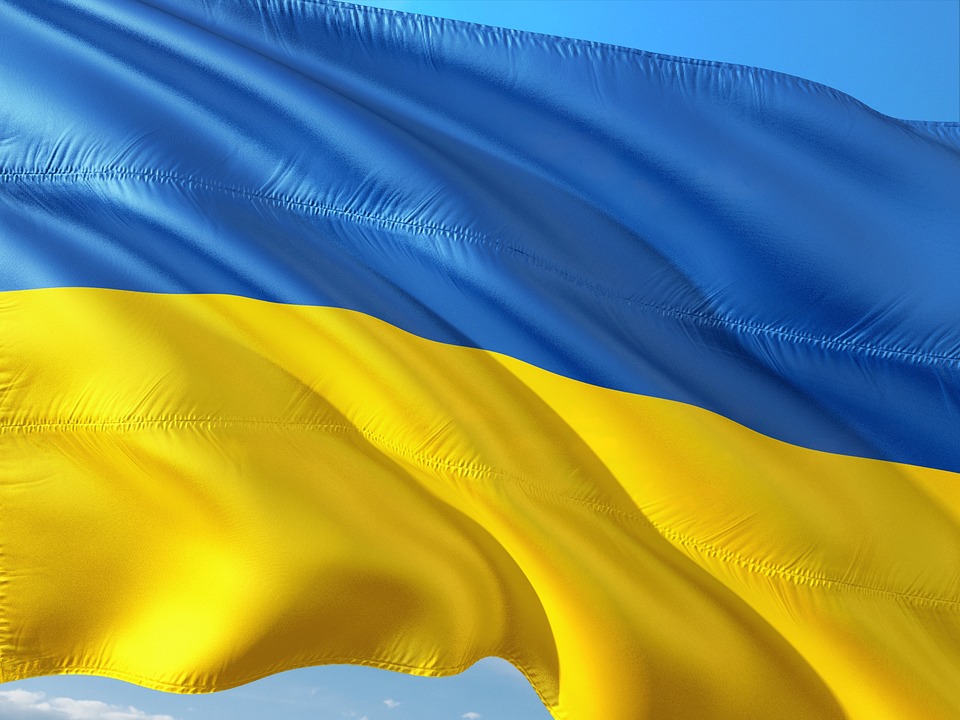Viel zu gewinnen gebe es nicht für Russland in der Ukraine, sagt der Historiker und Stalin-Biograph Stephen Kotkin (Princeton Universität) im Interview mit dem New Yorker. Aber was, wenn die Definition eines Gewinns für Russland die Zerstörung der Ukraine sei?
Wenn du nicht mit mir spielst, dann spielst du mit niemandem. Einige Auszüge aus einem hochinteressanten Gespräch mit David Remnick, dem Chefredakteur des New Yorker. Ist Putin ein taktisches Genie? (Nein.)
In Ukraine, what is it that he’s gained? If you look over the landscape, he’s hurt Russia’s reputation—it’s far worse than it ever was. He consolidated the Ukrainian nation, whose existence he denied. He is expanding NATO, when his stated aim was to push NATO back from the expansion undertaken since 1997. He’s even got Sweden applying for NATO membership. And, so, all across the board, it’s a disaster.
Wie könnte ein Sieg für die Ukraine aussehen?
Here’s the better definition of victory. Ukrainians rose up against their domestic tyrants. Why? Because they wanted to join Europe. It’s the same goal that they have now. And that has to be the definition of victory: Ukraine gets into the European Union. If Ukraine regains all of its territory and doesn’t get into the E.U., is that a victory? As opposed to: If Ukraine regains as much of its territory as it physically can on the battlefield, not all of it, potentially, but does get E.U. accession—would that be a definition of victory? Of course, it would be.
Das würde heißen, dass die Ukraine die Krim und den Donbass Russland überlässt. Aber was ist die Alternative?, fragt Kotkin. Man befinde sich in einem Abnützungskrieg und der lasse sich nur gewinnen, indem man mehr Waffen als der Gegner produziere und dessen Produktionsanlagen schneller zerstöre als er die eigenen.
Die Ukraine verschieße 90.000 Artilleriegeschoße im Monat, die USA könnten nur 15.000 im Monat produzieren, andere Länder gemeinsam noch einmal 15.000 im Monat. Das geht sich nicht lange aus, vor allem, weil die USA die Munition lieber nach Taiwan schicken sollte, so Kotkin.
Dann zieht Kotkin eine Analogie mit Korea:
If you look at the North Korea–South Korea outcome, it’s a terrible outcome. At the same time, it was an outcome that enabled South Korea to flourish under American security guarantees and protection. And, if there were a Ukraine, however much of it—eighty per cent, ninety per cent—which could flourish as a member of the European Union and which could have some type of security guarantee—whether that were full NATO accession, whether that were bilateral with the U.S., whether it were multilateral to include the U.S. and Poland and Baltic countries and Scandinavian countries, potentially—that would be a victory in the war.
Und:
We want to build a South Korea-style Ukraine, part of the E.U., behind the D.M.Z., where there’s an armistice, not a settlement; where there is no legal recognition of any Russian annexations unless there’s some type of larger bargain, peace settlement; where the Russians make significant concessions as well and there is the move toward an actual security guarantee rather than discussion and promises of a security guarantee.
Auch wenn Kotkin an ein mögliches Ende denkt, ist er für Waffenlieferungen an die Ukraine. Warum?
Because I think the Ukrainians deserve the chance to try to win on the battlefield before we get to that part that you described as: each side has to sit down and make unpleasant concessions, and you have to sit down across from representatives of your murderer, and you’ve got to do a deal where your murderer takes some of the stuff he has stolen—and killed your people in the process. That’s a terrible outcome. But that’s an outcome which may not be the worst outcome. The point being that, if you get E.U. accession, it balances the concessions you have to make.
Große Leseempfehlung für das gesamte Interview. (26 Minuten Lesezeit)
